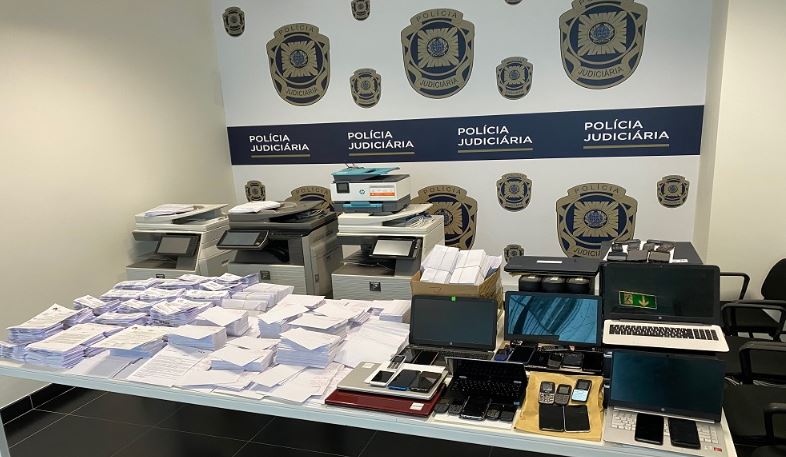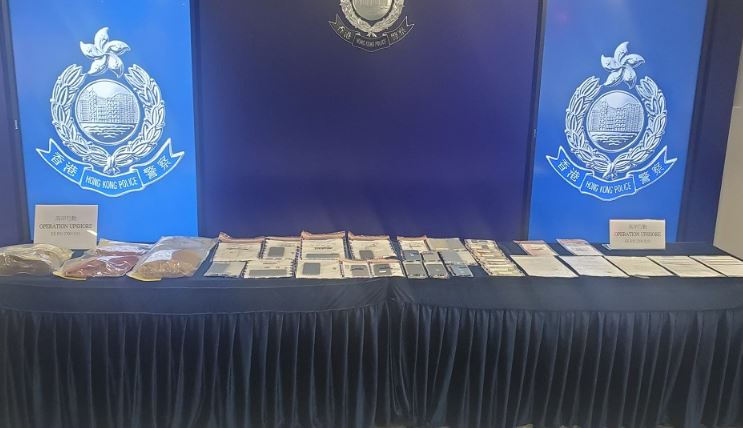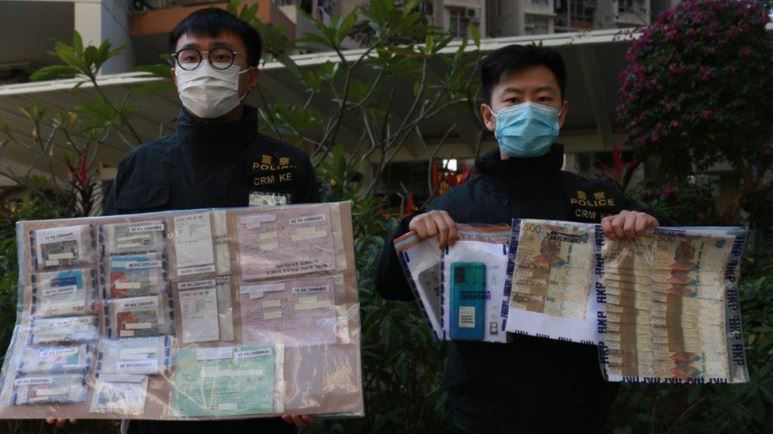In its most recent edition, Operation First Light 2022, planned by Interpol, led to the identification of various social engineering groups around the world, in addition to the seizure of large criminal assets and the collection of clues for further investigations. As some users will recall, social engineering refers to scams that manipulate or trick people into providing sensitive or personal information. The compromised information could eventually be used in e-fraud campaigns.
Launched in 2014 and conducted annually, Operation First Light has focused on combating online financial crime. On this occasion, the initiative was deployed between March and May of this year, and had the participation of police agencies in 76 countries. All of these agencies have shown a strong commitment to fighting cybercrime, one of the top threats to users around the world.
According to Interpol, the results of the operation can be summarized as follows:
- 1,770 raids worldwide
- More than 3,000 suspects identified
- More than 2,000 arrested for wire fraud and money laundering
- Nearly 4,000 bank accounts frozen
- $50 million USD seized


The investigated, arrested and dismantled groups deployed all sorts of social engineering scams, pursuing virtually the same ends with slight variations in their methods. Generally speaking, Interpol described some of the detected operations as shown below.
Singapore: centre of fraudulent activity
Singapore police rescued a teenager who had been tricked into pretending to be kidnapped, sending his parents videos of him with fake wounds to demand a ransom of 1.5 million Euros. In the same region, a Chinese citizen operated a Ponzi scheme that generated illicit profits of more than 34 million Euros.


As part of Operation First Light 2022, Singapore Police and Interpol arrested eight individuals allegedly linked to pyramid schemes. These alleged criminals offered alleged online marketing jobs through social media and instant messaging services; once hired, victims received minimal payments and were forced to recruit more members to increase their income.

New findings
Thanks to the work of Interpol and the dozens of law enforcement agencies that collaborated in the Operation, it was possible to identify some of the new trends in the cybercriminal world. Some of the most important findings include:
- Detection of new tactics for money laundering through personal bank accounts
- Use of social media platforms to facilitate human trafficking operations, sexual slavery, etc.
- Increased use of vishing, a criminal tactic in which hackers pose as bank officials to gain access to online banking platforms
Duan Daqi, head of Interpol’s National Central Bureau in Beijing, said: “The transnational and digital nature of different types of telecommunications and social engineering fraud continues to present serious challenges for local law enforcement authorities, as perpetrators operate from a different country or even continent than their victims.”
Countries participating in this operation shared intelligence information through Interpol’s secure global I-24/7 police communications network, feeding the Financial Crimes Analysis Archive with data on suspicious individuals and bank accounts, illicit transactions, and means of communication such as phone numbers, email addresses, fraudulent websites, and IP addresses associated with alleged criminal activity.
Feel free to access the International Institute of Cyber Security (IICS) websites to learn more about information security risks, malware variants, vulnerabilities, and information technologies.
He is a cyber security and malware researcher. He studied Computer Science and started working as a cyber security analyst in 2006. He is actively working as an cyber security investigator. He also worked for different security companies. His everyday job includes researching about new cyber security incidents. Also he has deep level of knowledge in enterprise security implementation.
